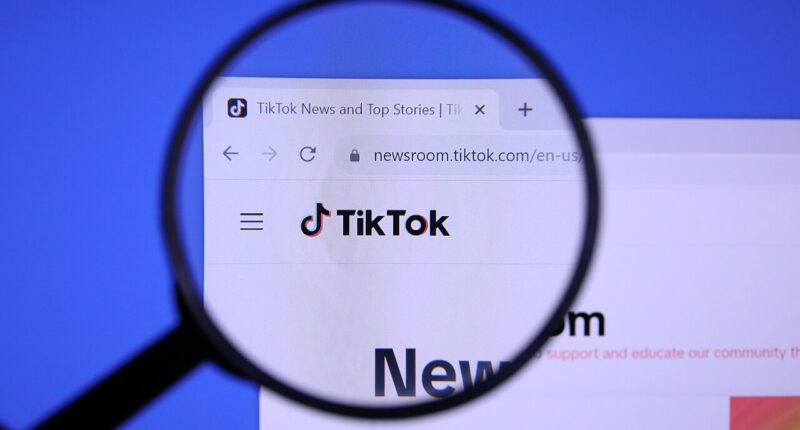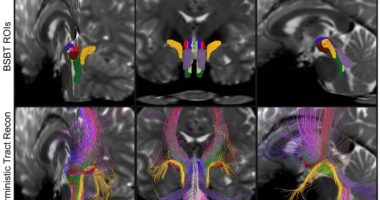Most medical and parenting videos shared on TikTok by non-medical professionals contain misinformation that contradicts established pediatric health guidelines, according to research presented at the American Academy of Pediatrics conference.
Researchers examining the “eco-influencer” movement found that 61% of 120 videos analysed promoted vaccine hesitancy, unproven natural remedies and other alternative medical approaches that contradict guidance from medical authorities.
Videos containing misinformation received significantly higher engagement, with an average 583,000 views compared to an average 214,000 views for evidence-based content, demonstrating how false health claims spread more rapidly on social media platforms.
“As pediatricians, we’re seeing the effects of online misinformation firsthand,” said Maria A Canas-Galvis, MD, of East Carolina University Health Medical Center. “This study shows how quickly false health claims can spread on social media and how important it is for us to engage with families and help them navigate what they’re seeing online.”
The research examined videos using hashtags including #naturalparenting, #antivaccine, #holistichealth and #alternativehealing. Most creators were self-identified parents (48%) and influencers (32%) rather than healthcare professionals (12%).
Separate research presented at the conference highlighted ongoing dangers from the “Benadryl Challenge,” a social media trend encouraging adolescents to consume dangerous amounts of over-the-counter antihistamines to experience hallucinations.
The challenge, which emerged on TikTok in 2020, encourages individuals to ingest over 300mg of diphenhydramine, potentially causing severe health outcomes including heart arrhythmias, seizures or death.
“The fact that we continue to see spikes in harmful diphenhydramine use years after the challenge first went viral shows just how powerful and dangerous social media trends can be,” said Noelia Swymeler, study author and pediatric resident physician at the University of Oklahoma at Tulsa School of Community Medicine.
Analysis of FDA adverse event reports showed continued spikes in diphenhydramine-related incidents among adolescents and young adults, with 2023 recording the highest number of reports (73) followed by 2020 (62).
Both studies emphasise the need for healthcare providers to address social media misinformation directly with families and for platforms to improve content moderation around health-related content.











